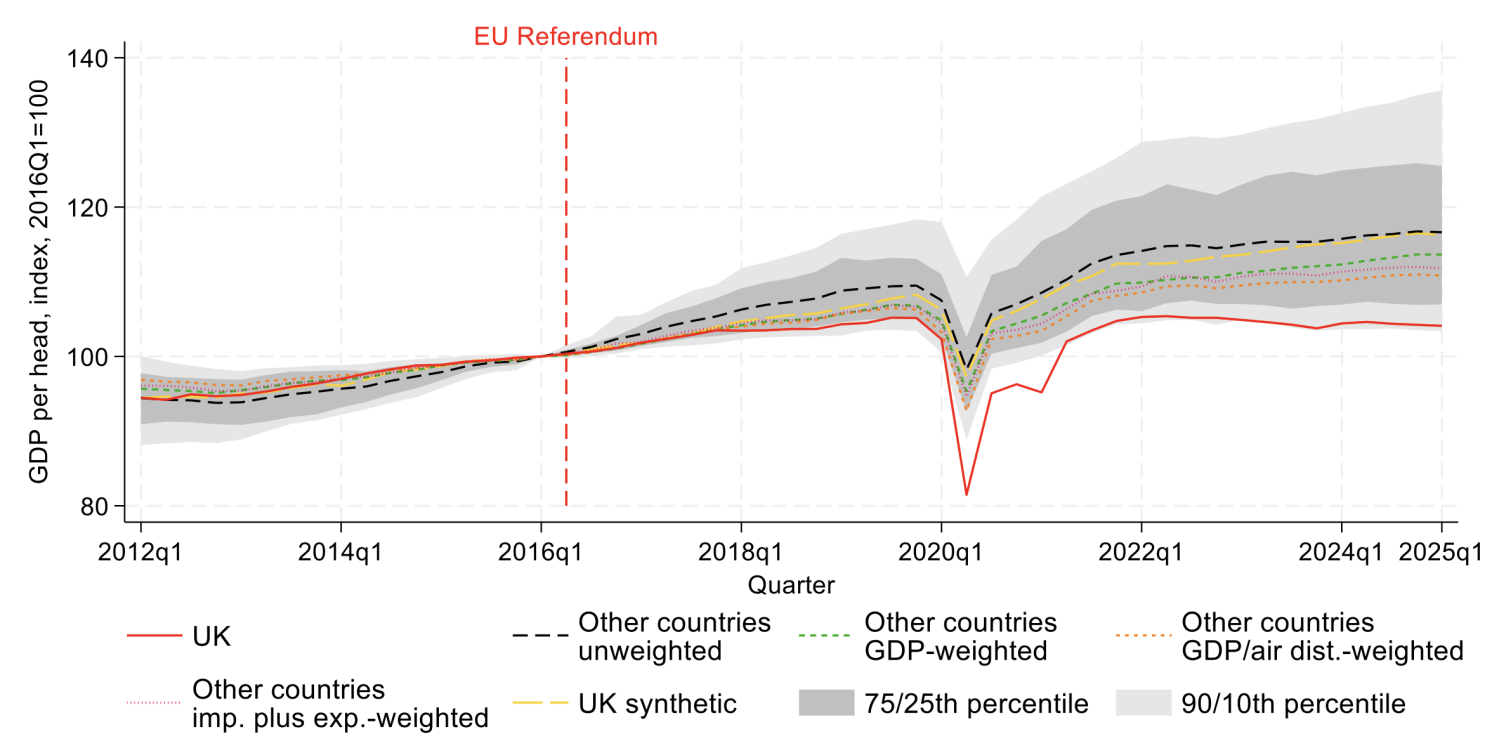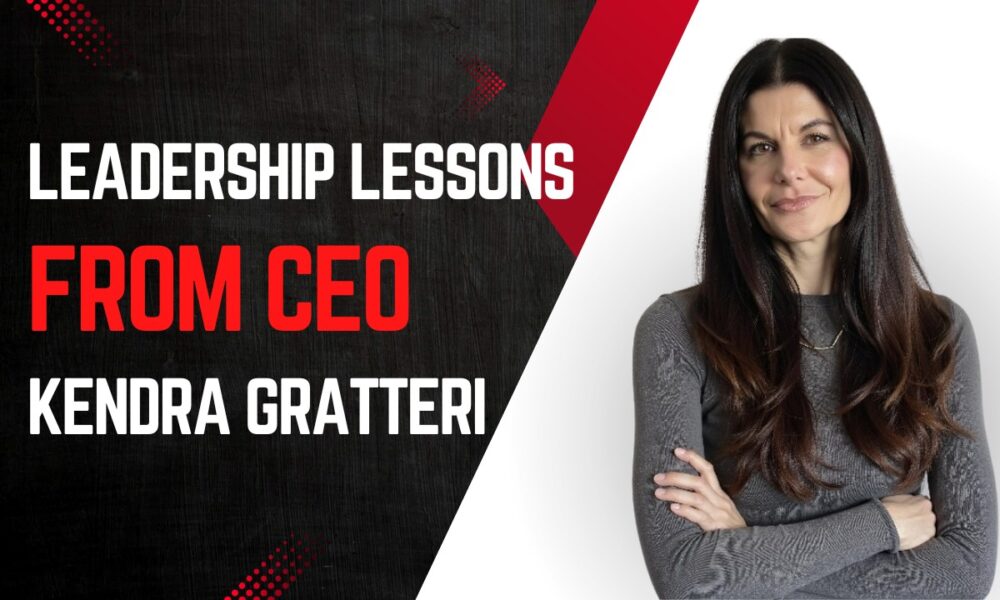If you gravitated to a business coach’s “effortless”, “feel-good” approach to making millions, you may be the victim.
I’m not the smartest tool in the shed — in fact, I’ve written articles diving deep into why the high-IQ-ers may steer clear of entrepreneurship. However, as a full-time entrepreneur running multiple profitable businesses, and spinning up new ones left and right as educational experiments, I do know a thing or two about how to go from idea to lucrative, scalable business. Sadly, I also know exactly what won’t get you there — and I’m seeing far too many capable people fall into predatory traps that stall and steal their entrepreneurial potential under the guise of business “coaching”.
Let me be clear: I’m not against the business coaching industry at all. I have friends and peers who make anywhere from high 6 to multi-8-figures as business coaches, and some of them provide real value.
That said, it’s the friendly, feel-good coaches promoting an “effortless” business-building strategy that may be far more nefarious to the entrepreneurial industry. I know because I watched one descend upon a close friend before my very eyes — and she had no clue what he stole…
If you’re ever wondering if you’re giving off “ready to be preyed upon” target victim vibes, the easiest tell is to determine whether you’re a 3D prospect. A “3D” prospect is one that falls into any — or multiple — of the three “D” categories that make you an easy — and appealing — sell:
I know it sounds bad, but it’s true: If you’re “dumb” or simply a total novice to the industry, product, or service at hand, then of course you’re less savvy and discriminating than a better-informed prospect.
If you’re desperate, you’re just a few persuasive sentences away from handing over your money in a last-ditch effort to solve whatever problem you’re facing.
Lastly, and along those lines, if you’re in despair, your guard may be down, along with your standards and ability to critically or objectively assess an offer’s — or business coach’s — validity.
In her business coach’s eyes, my friend likely fell into all three categories, making her the perfect target for his sales pitch.
This friend, perhaps like many of you, had been sitting on her entrepreneurial dreams for years. She’d quit a job, cut her expenses, and even moved back home with her family, all so she could build her business.
She’d even spent a few years assisting various entrepreneurs in administrative and marketing roles, nabbed a few online certifications, and got an unnecessary advanced degree, to bolster her competencies and credentials.
Nonetheless, three years had gone by, and she still didn’t have a website, a single customer, or even a clear grasp on the product or service she was selling. By the way, that isn’t the mind-boggling part.
The mind-boggling part — particularly for someone like myself, who whipped up an AI-powered business in a day last week as an experiment — is that she seems upbeat, positive, and in no hurry. Furthermore, she claims that she realizes she needs to go slower, not faster.
I’m not judging or disparaging her — or any other entrepreneur’s — timeline, but I do know that her business coach is the one who’s coaxed her into this “intentionally slow” approach, assuaged all her fears, and in my opinion, stolen the entrepreneurial fire required to make things happen. Oh, but that’s not all he stole.
The only way business can be successful for both parties — the buyer and the seller — in the long-term is if their goals and incentives are aligned. Sometimes, however, there’s something more profitable than keeping those incentives aligned, and this is where a moral dilemma may arise.
In my friend’s case, the moral dilemma was simple, though she didn’t see it: If this business coach were honest with her and gave her the tactical tools, strategic action-focused guidance, and tough love that she needs to make real progress in her business, he’d run the risk of overwhelming and even discouraging her. She might feel intimidated, frustrated, and even consider giving up, with a bad taste in her mouth, since this “effortless” business-building isn’t so effortless anymore.
If this coach, instead, focuses on making her feel good, rather than solving her problem, then perhaps her business outcome will be less impactful to her perception of the coaching she’d received, since she’ll walk away with a spring in her step, despite the lack of progress.
I had the unique opportunity to watch one of her recorded calls with this coach, and it was clear that he was leaning into every psychological tool in the book to ensure no matter what she thought or said, she was right. Being perpetually met with positive reinforcement is fine if you’re already en route to where you want to be, but when you’re stagnant, stuck, and unsure how to move forward, it seems like the least effective coaching possible.
That said, we all know many humans are driven more by emotion than logic, and in this case, if the effortless business coach told my friend what she wanted to hear, she’d ignore what he wasn’t telling her — which was exactly what she needed for his services to be effective.
You’ve likely heard the saying “don’t mix business and pleasure”; I’d amend it to “stop mixing business with friendship”. Once you get too chummy with the person you’re paying or vice versa, the person to whom you’re selling and providing a service, the standards and ability to be objective blur, shift, and diminish.
Once my friend began to feel like this coach was her friend, she stopped seeing him as an authority in a field and someone she’d paid to solve her problem. With that changed perception and blurring of lines, she started to prioritize their rapport over the reason that brought her there in the first place.
Six months later, she still didn’t have a website, a customer, or clarity around what she was even selling (which is easily the most problematic part). She did, however, have a positive belief that if she, too, like this business coach, could simply make people feel good, then she could have paying clients.
While that last line of thinking isn’t 100% wrong, the kicker is that to this day, despite having spent thousands on the tools, resources, classes, and mentors to build a business, she still has no clue what next step to take.
The most ironic part of all is that the business coach she’s befriended knows exactly what he’s doing — and what she isn’t. He doesn’t get clients by mistake or run ads willy-nilly. The copy on his website isn’t accidental or thrown together on a whim. He’s the savvy marketer and successful CEO she wants to be, but he’s too tight-lipped to share his tricks with clients, and they’re all none the wiser.
For the aspiring future founders out there who believed those “spiritual”, “heart-centered”, “effortless” business coaches are airheads who have no clue what they’re doing, you’d largely be wrong. Their branding, client base, and financial success is no accident — and it’s no coincidence they aren’t willing to share it transparently with their prospects and customers.
Simply put, no matter what business you’re in — from the most tactical, technical, unsexy industry to the mushy, “heart-centered”, emotion-driven ones out there — business does not get done by wishing or willing it to without any strategic, practical, hands-on action. Sales don’t usually just come to you — at least not in a sustainable, scalable, perpetual way.
On the flip side, as entrepreneurs, we can learn a few things from this exchange:
- Sheltering your customers from the nitty gritty nuts and bolts of your business may make it more appealing (inviting) and less intimidating
- Delivering customers positive emotions may overshadow results, which also means delivering great results but negative emotions may ruin an otherwise legitimate, effective, and upstanding business
- Sometimes honesty will cut a client relationship short and cost you revenue, but keeping it while failing to help them treads a precarious ethical boundary…
At the end of the day, business — particularly service businesses — are exchanges between people, and people can be emotionally complex and not so self-aware. Regardless, sustained and growing profits are rarely the product of being “effortless” or “attracting them with your energy”. Actual tactical action is required, and real, legitimate, ethical business is not magic or effortless.




































